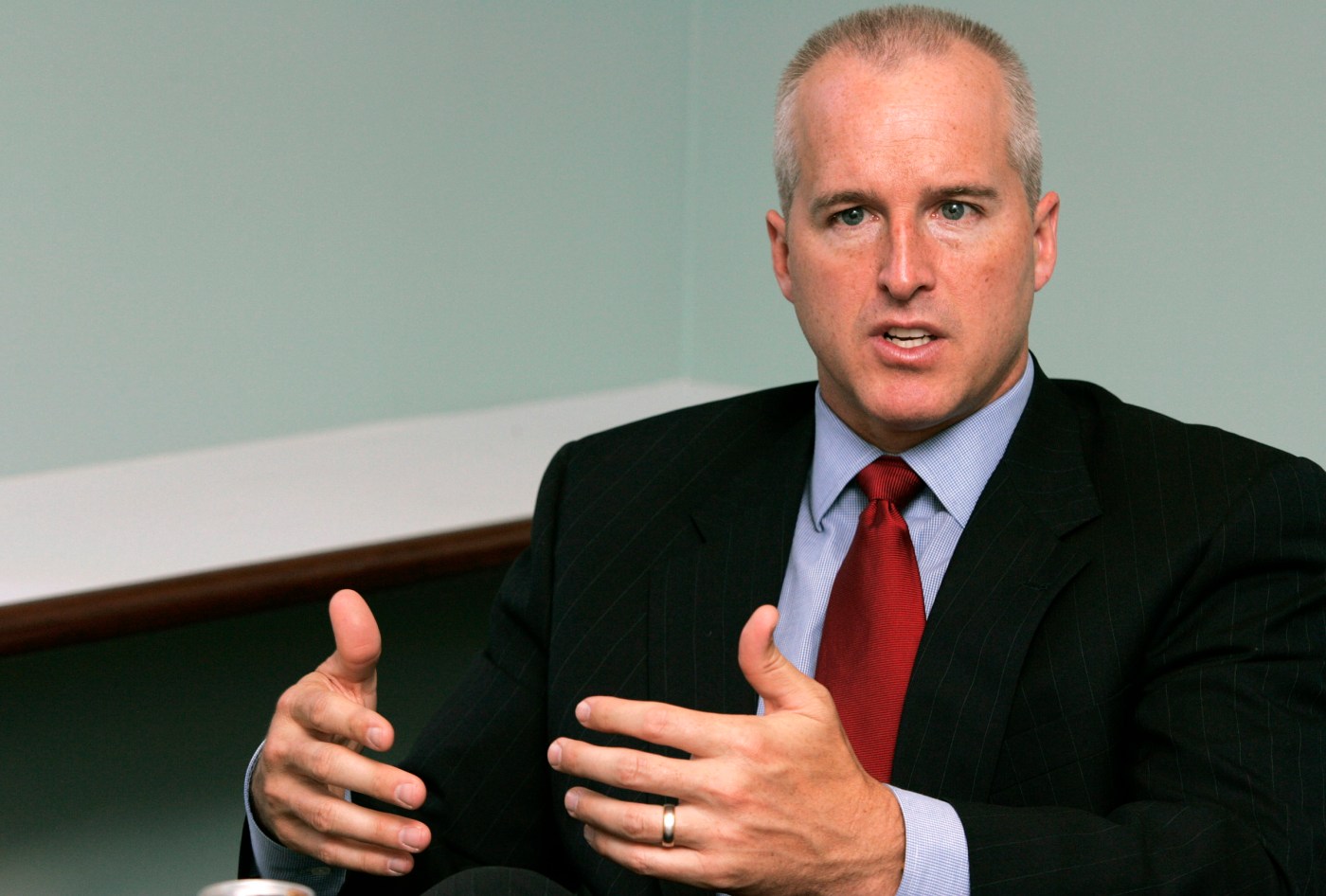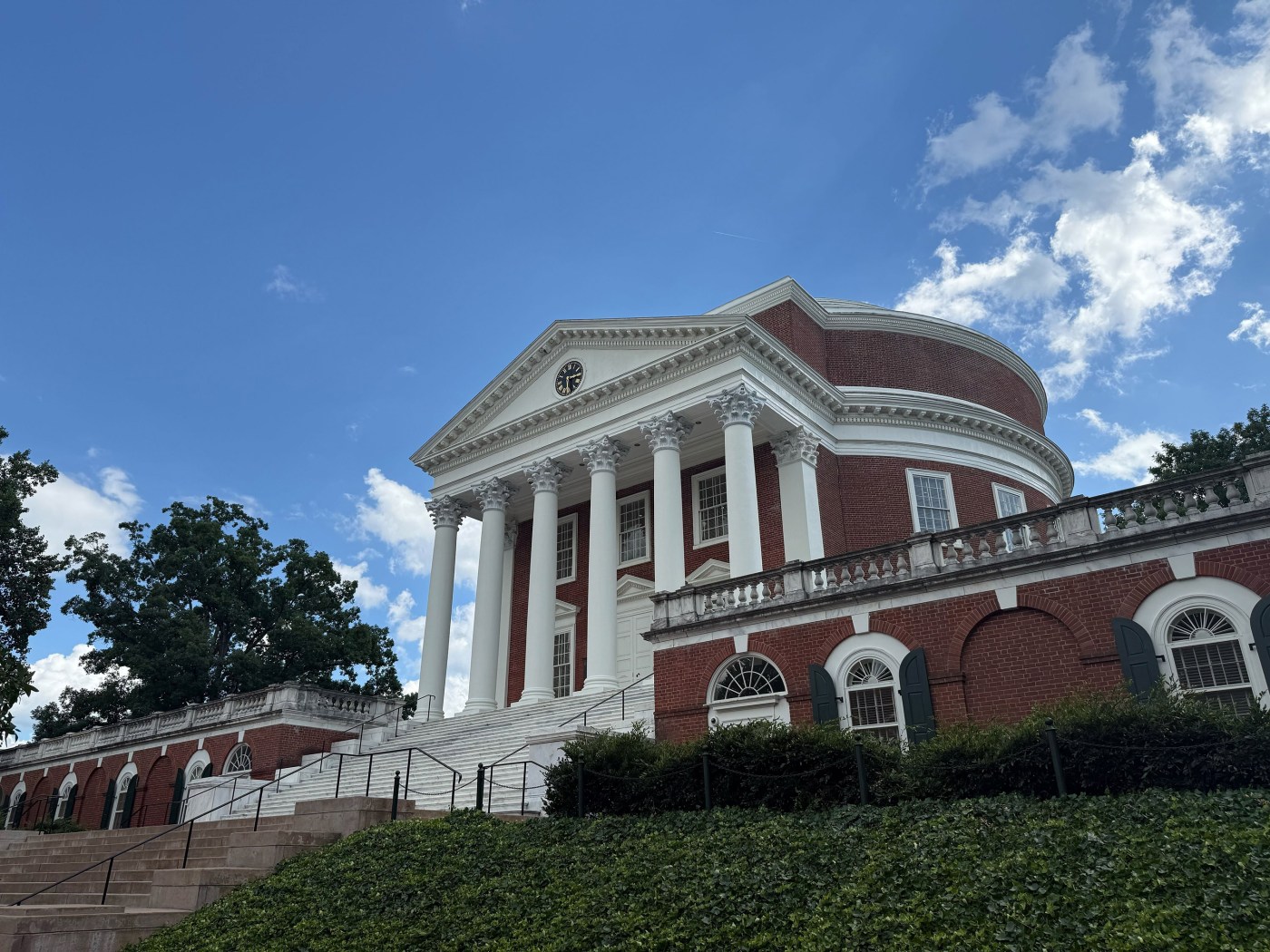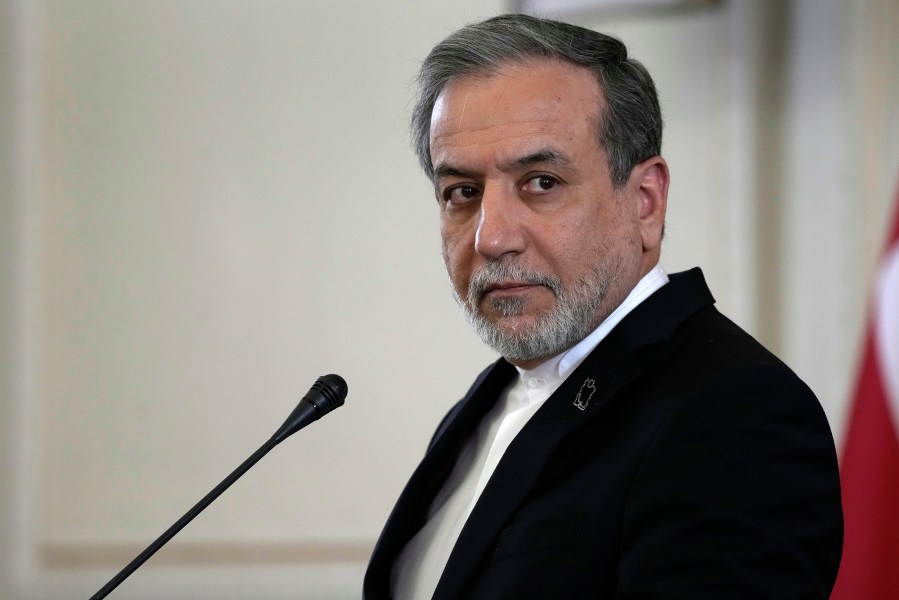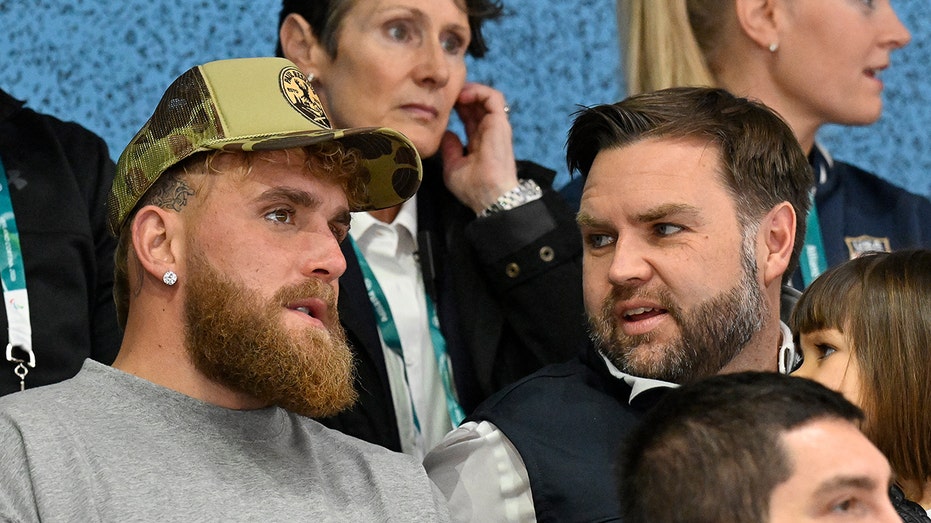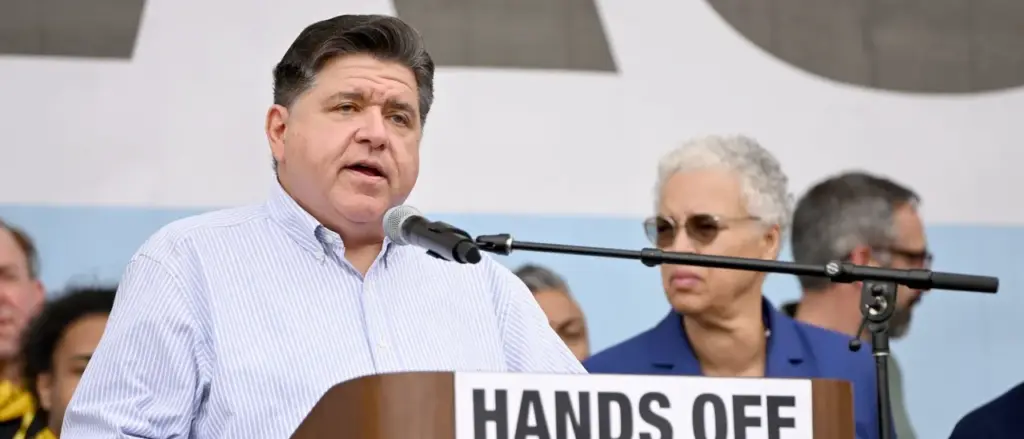
Several advocates for violence prevention have recently faced serious criminal charges, raising concerns about the effectiveness of community outreach efforts aimed at reducing crime. In 2025, a total of five men involved in various violence prevention initiatives were charged with offenses ranging from murder to assault in cities including Philadelphia, Washington, D.C., Flint, Michigan, and Chicago. These developments call into question the integrity of programs designed to address violence through community engagement.
High-Profile Arrests Raise Questions
In September 2025, Kellen McMiller, a self-identified peacekeeper from Chicago, was arrested following a violent incident that culminated in a deadly burglary. Authorities allege he robbed a Louis Vuitton store on September 11, subsequently fleeing the scene in a vehicle that crashed into another car, resulting in one fatality. McMiller, who had recently appeared alongside Governor J.B. Pritzker at an event celebrating community violence prevention efforts, was also wanted in four states at the time of his arrest. His involvement in the Peacekeepers program was intended to counter what Pritzker’s administration describes as “failed criminal justice policies.”
Metropolitan Peace Initiatives, a group leading the Peacekeepers effort, announced plans to reassess its vetting process in light of McMiller’s arrest. Executive Director Vaughn Bryant stated, “I think it’s just an opportunity for us to get better at what we do and continue to strengthen our protocols and standards.”
Another notable figure, Cotey Wynn, a former prisoner turned violence interrupter in Washington, D.C., was implicated in a September 2023 shooting that left three individuals injured. Wynn, who had become a symbol of second chances through the Cure the Streets program, allegedly assisted a gunman in planning the murder of a 31-year-old victim. Surveillance footage reportedly captured him at the crime scene. He remains in custody without bail while his defense attorney contends that the evidence against him is circumstantial.
Concerning Patterns Among Activists
In Philadelphia, Sergio Hyland faces serious charges for allegedly shooting his girlfriend and disposing of her body. Hyland, who branded himself a “hood abolitionist” and advocated against mass incarceration, had previously served time for murder. His arrest follows a pattern among these activists, many of whom have criminal histories that complicate their roles as community leaders. Advocates like Hyland believe grassroots initiatives contribute to reducing violence, yet his current situation raises doubts about the effectiveness of such claims.
Formerly leading the Pathways to Peace program in Rochester, New York, Anthony Hall was sentenced to two years in prison in April for assaulting a police officer. Reports indicate that Hall also faced allegations of misappropriating nonprofit funds during his tenure as a community leader. His case exemplifies the vulnerabilities within community-based organizations that seek to address crime without traditional policing methods.
Meanwhile, in Flint, Michigan, Leon El-Alamin, a city councilman and founder of the MADE Institute aimed at supporting ex-inmates, has been charged with domestic violence and assault. El-Alamin, who benefited from a “clean slate” program designed to expunge criminal records, has publicly denied the allegations, emphasizing his commitment to clear his name.
The collective challenges faced by these advocates serve as a critical reminder of the complexities surrounding violence prevention efforts. As community organizations grapple with maintaining credibility, the incidents involving these individuals highlight the need for robust oversight and accountability in programs designed to combat crime. The implications of these arrests extend beyond legal consequences, raising important questions about the efficacy and safety of alternative approaches to public safety in urban areas.
